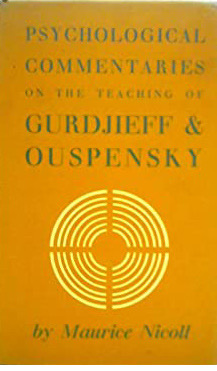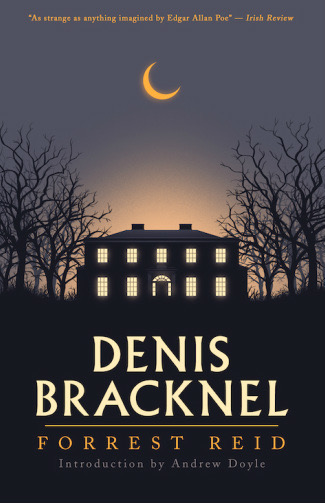A DEFENCE OF POETRY
'a man who has Magnetic Centre but is not at the general level of Good Householder but belongs to the category called "tramp" or "lunatic" is at a lower level of Being than is the Good Householder with no magnetic centre.' - Maurice Nicoll: Psychological commentaries on the teaching of Gurdjieff and Ouspensky, p.167

Doesn't the tramp see daily things
the well-developed personality
- the 'householder' -
will never see, and who can say
with what
terrible forces
the lunatic is dancing
every day?
But the householder
is a sensible man - not motivated by
dancing with what
he isn't, not
falling in love with whatever
life throws in his path,
his mind all neatly
arranged in its appropriate
order - not open to
Mind - the storm
of the Universe
with all its interesting
chattering voices.
Food for the moon, you say, and yes
I too feel that that
dead thing up in the sky with its
light that doesn't belong to it,
the mirror of the Sun, is sinister.
But then again
what would we do at night without
that ghastly light?
Somehow the gods
come into view,
peeping out from behind
our eyes - they are
the chatterers, the voices
that are not ours.
Timid they are and frivolous but oh so
very insistent - are they
agents of the moon? Are we,
dancing in the moonlight,
dancing with the moon -
that most hard and compact
matter that requires
our energies? And now
Denis Bracknel comes into view -
the naked boy, moon struck, offering
on a stone altar
small dead animals. And me
crouching in the bushes,
watching, and the tramp
walking by night
and the lunatic, seeing it all
most clearly,
while the householder
building a
friendship with the Sun
sees nothing.

NOTE: Ouspensky passed on Gurdjieff's doctrine of the 'ray of creation' from the Absolute at the highest to the moon at the lowest level. Denis Bracknel is the central character of the novel of that name by Forrest Reid (when I sent these poems to friends at Christmas I embarrassingly got the name wrong, calling him 'Henry Bracknell').